Alice Nkom: A champion of LGBT rights in Cameroon
In Cameroon, where homosexuality is widely condemned or
stigmatized, 80-year-old lawyer Alice Nkom remains a staunch advocate for LGBT
rights. Despite threats, public slander, and legal challenges, Nkom has
continued to advocate, fueled by an unwavering commitment to justice.
As the founder of the Association for the Defense of
Homosexuality (Adefho), Nkom has spent more than two decades representing
people accused of homosexuality. The country’s penal code prescribes up to five
years in prison for homosexuality, a fact that marginalizes LGBT people, their
families, and society. “I defend homosexuals because they risk their freedom
every day,” she says.
Nkom’s journey began long before her involvement in LGBT
rights. In 1969, she broke barriers as Cameroon’s first black female lawyer,
after studying in France and her homeland. Initially focused on issues related
to marginalized groups, her focus shifted in 2003 when she encountered young
people accused of homosexuality. Outraged by the widespread violations of human
rights, she decided to defend the constitutional freedoms of sexual minorities.
However, her advocacy did not come at her own expense. Nkom
has faced physical threats and legal charges, including charges of money
laundering and terrorism, which she denies. Her human rights group, Redhac,
recently disbanded, making her efforts more difficult.
Nevertheless, Nkom’s influence extends beyond the courts.
Many in the LGBT community view her as a father figure. “It’s like our
parents,” says Sébastien, an LGBT activist. His notable cases include defending
prominent transgender people Shakiro and Patricia, who were sentenced to five
years in prison for “attempted homosexuality” in 2021. Although a pending
appeal was later issued, they fled the country, highlighting the harsh reality
for LGBT people in Cameroon.
Despite public opposition, Nkom sees the power of change.
When Brenda Biya, the daughter of President Paul Biya, came out publicly as a
lesbian, Nkom seized the opportunity to advocate for constitutional reform. He
saw this as an opportunity to challenge the discriminatory laws and called on
Brenda Biya to champion his cause.
Undaunted, Nkom continued to advocate for human rights
despite mounting opposition. “You don’t have to pay taxes,” he says. For Nkom,
the struggle is not over, but his persistent fight gives hope to many displaced
people in Cameroon.
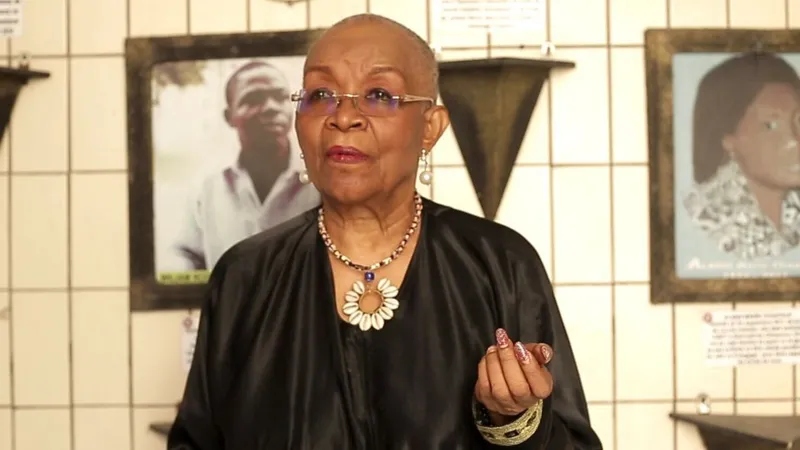

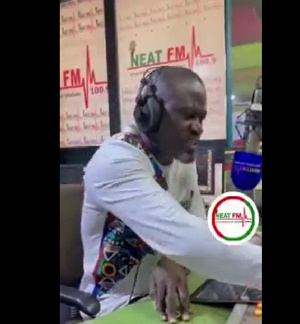
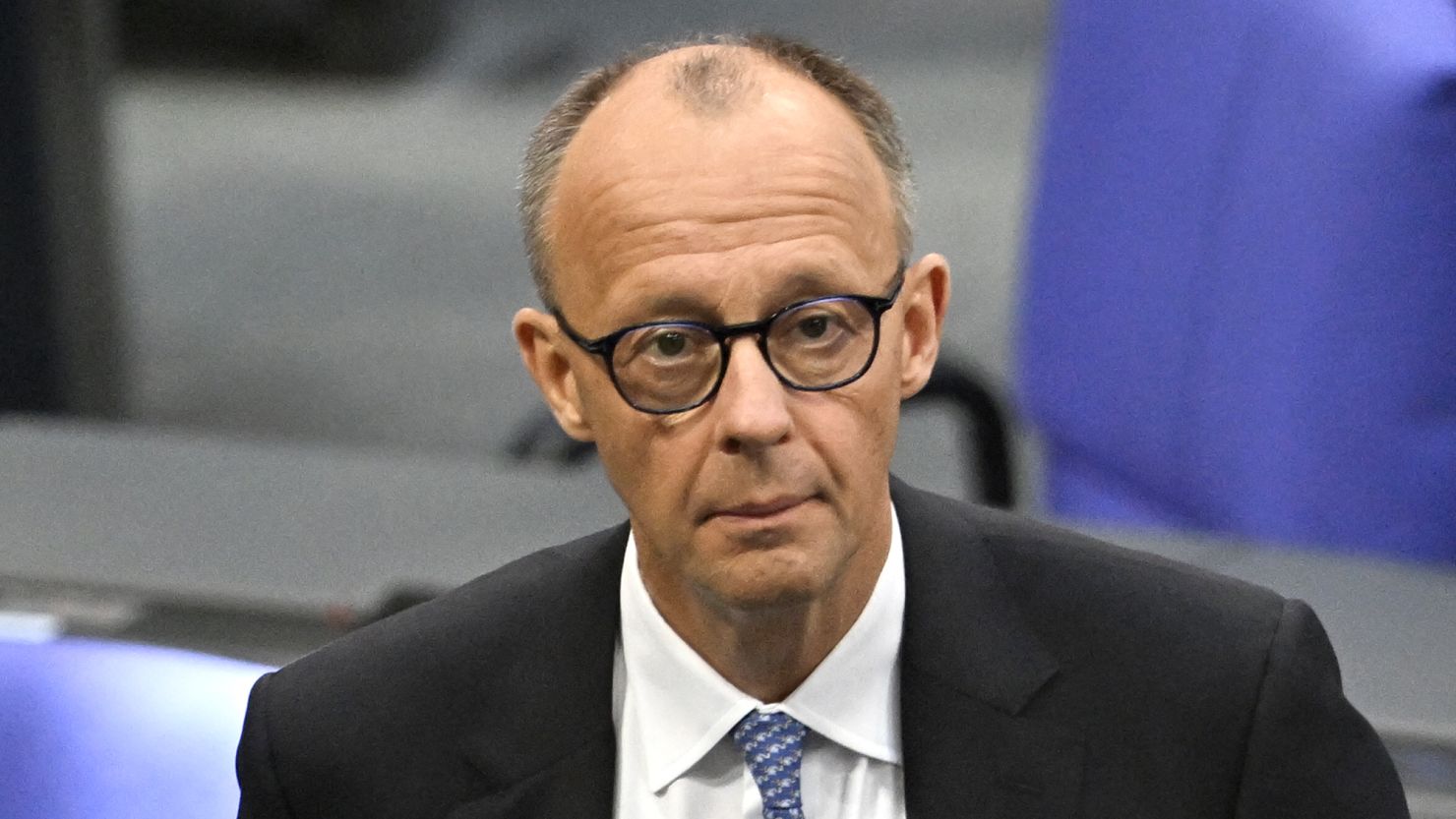
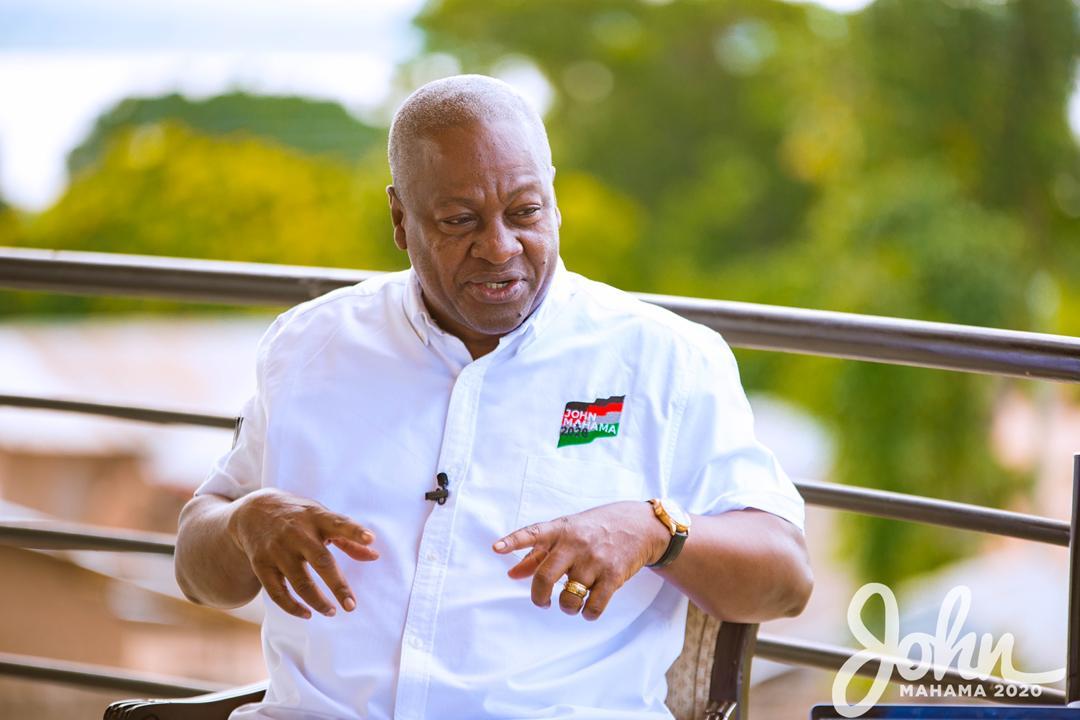
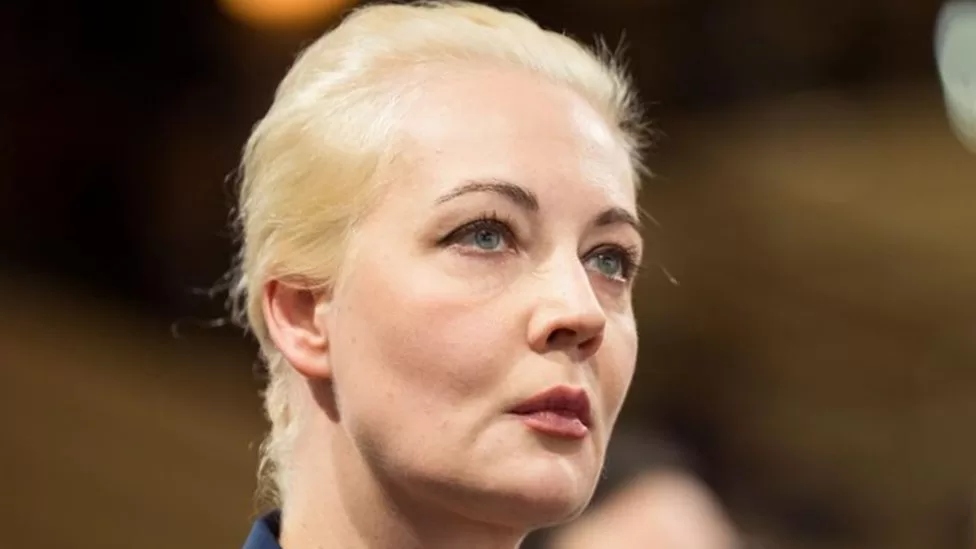
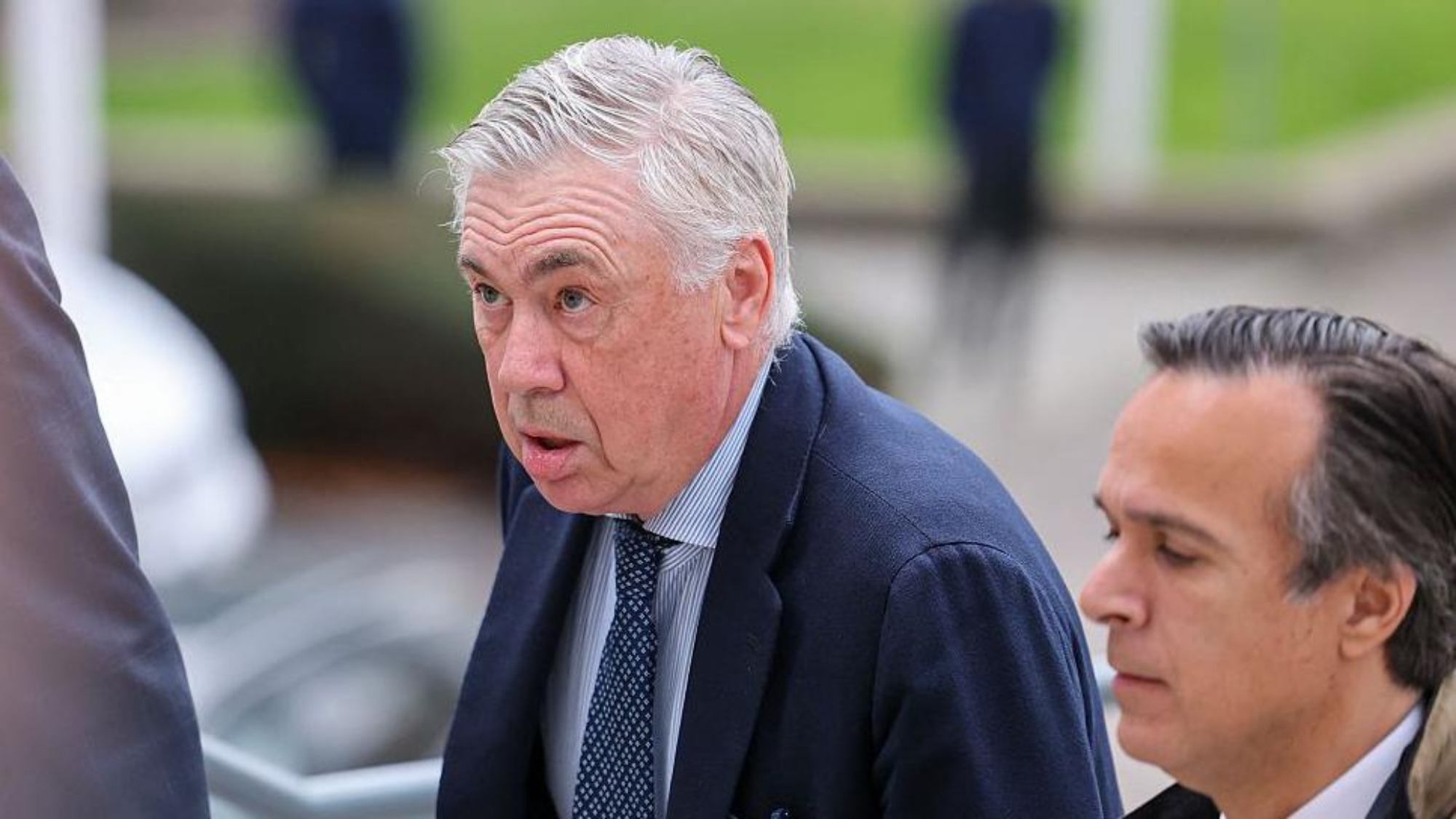



.jpg)